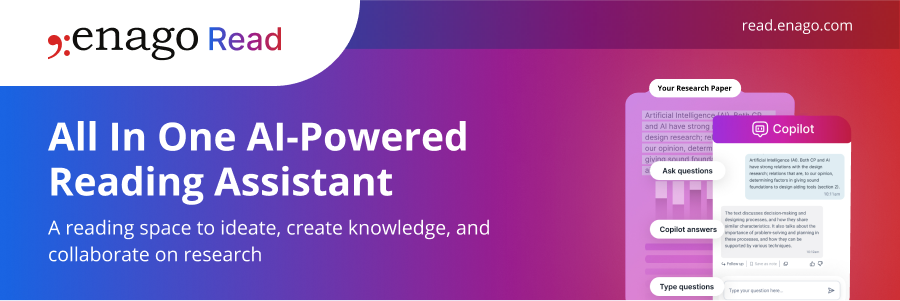Presubmission Peer Reviews: Importance of Submitting Your Research Paper for Review?

Total immersion in a research study for an extended period of time can lead to word blindness where you don’t spot a glaring text or formatting error, even after multiple revisions of the same research paper. How should you deal with that? Let us study some more about presubmission peer review.
Quality or Reputation?
Experienced researchers use proofreaders and editing services, either in-house or outsourced. This helps to minimize the chance that poor grammar or formatting that may earn a resubmission notification or automatic rejection from a prestigious journal. Since such journals are far too busy to fix any research paper, most researchers resort to such means.
Shouldn’t your study data receive the same attention? This is a question that most researchers face but do not have an answer to. Whether you are concerned more about research quality or your reputation, there is an argument that your work should be seen by an objective expert that can look at your data with a fresh set of eyes.
Multiple Options
Resources can be made available in-house or outsourced. They may be left to the peer review process of the targeted journal, or even managed among peers as a trading system where one researcher reviews a colleague’s data in return for the same favor at a future date. All of these may sound perfectly feasible, but each solution presents its own set of challenges:
-
Availability
Whether you prefer the in-house or outsourced options, the assumption of availability of appropriately qualified personnel is a huge one. If your research methodology happens to be particularly unique or specific to your niche, what guarantees do you have that you will find someone with experience in that area of analysis?
-
Who Does the Work
Journals may appreciate that you have taken the extra step to double-check your work before submission, but from their perspective, that is a standard submission requirement. If you chose a quantitative methodology, the burden of statistical accuracy has always been yours. The peer review process is more about saving the journal’s reputation than yours.
-
Adding Work to an Overburdened System
The peer review process is already under pressure as the link in the chain that is responsible for the delay in getting research results published. Reviewers will check your data thoroughly (at least, we trust that they will). However, if there are any unique characteristics or assumptions in your data, they may not have the skills to address that. The logical consequence of such a scenario would be a request for further clarification, that would delay your road to assumed publication even further.
Not a Perfect Solution
The level of confidence held in the research data is unique to each researcher, but is usually high as a general rule. A brief scan of the literature on the rising number of journal retractions should disturb that confidence significantly. Assuming that your data is solid is one thing, but trusting your journal editor to catch it in advance if it isn’t, is a different matter.
Adding an extra layer or review pre-submission may seem to be unnecessarily cautious and expensive in terms of resources and the inevitable time delay, but it’s a smart investment when compared to all the questions that will need to be answered when the paper is retracted for data errors. Consider that scenario from the institution’s perspective. Where the errors just an incidence of carelessness, or is there deliberate misconduct involved here?








